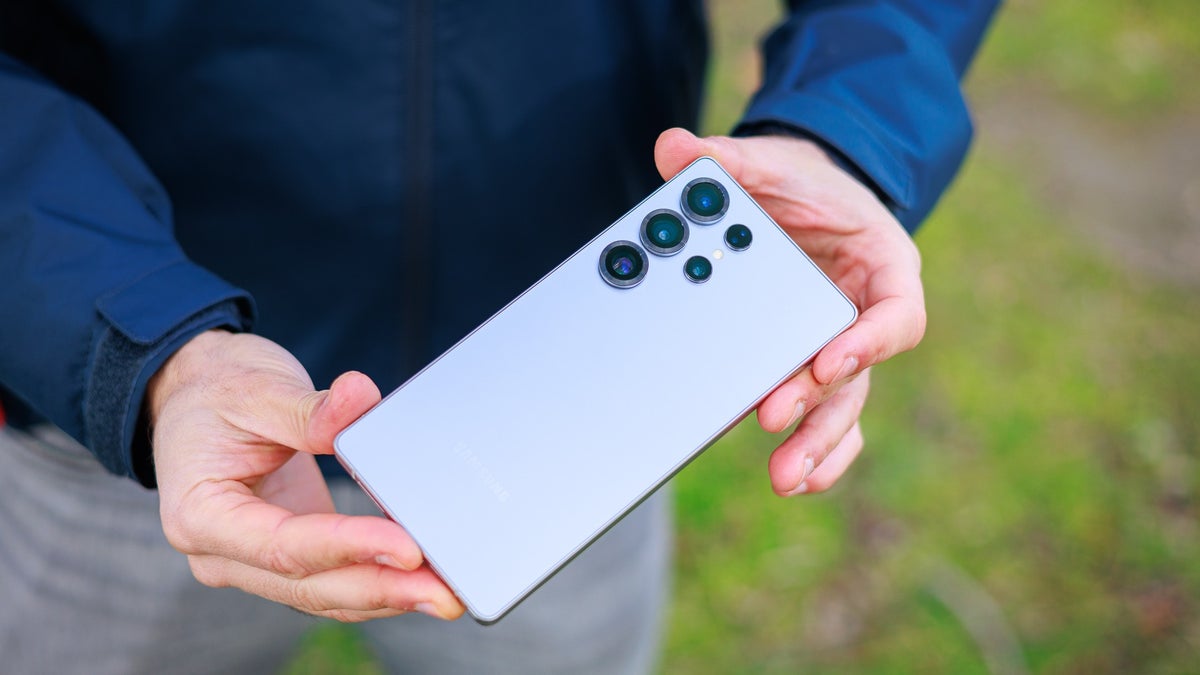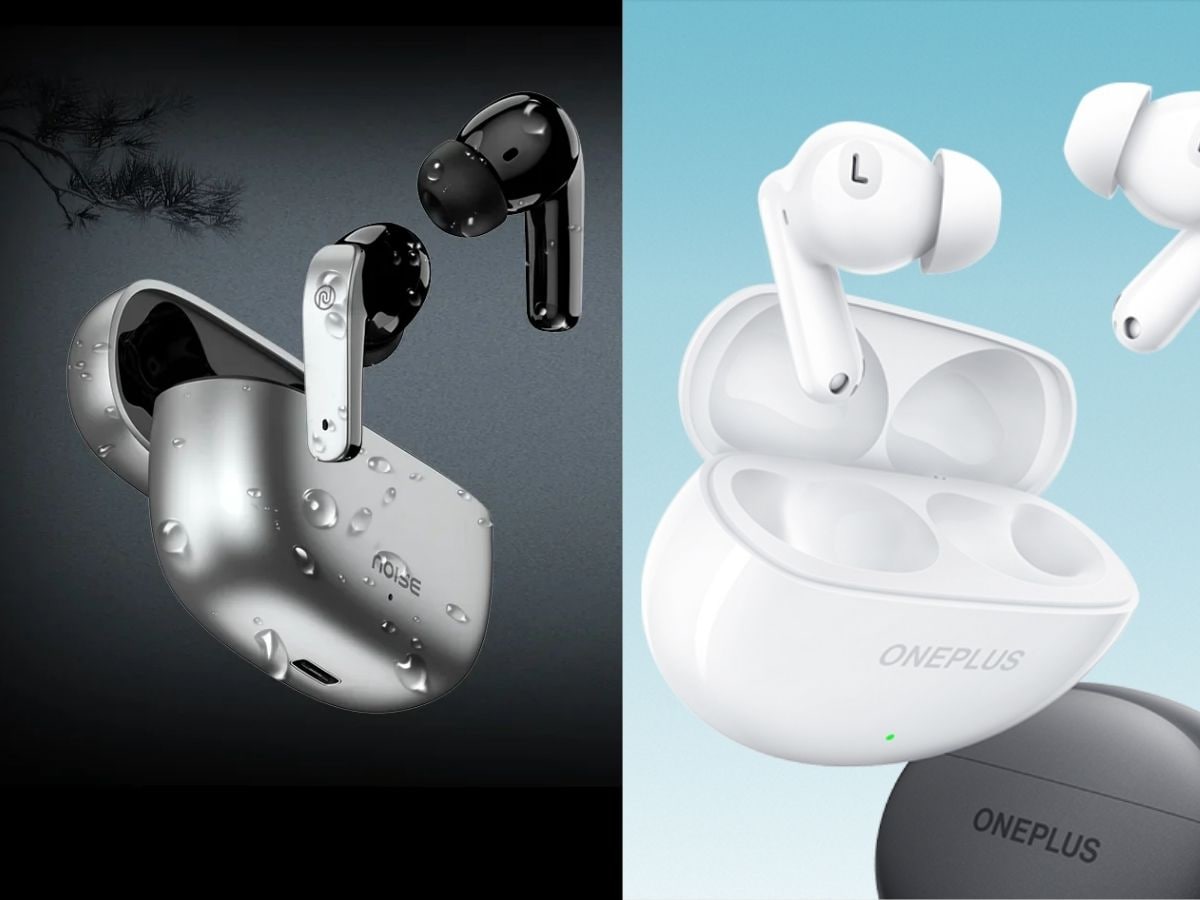Artificial intelligence is at the center of the healthcare debate, and Cognizant is positioned as one of the actors that wants to accelerate this transformation. Recently, the company has adopted Anthropic language models to drive the automation of clinical, administrative and regulatory processes, with the aim of improving both the relationship between patients and professionals and the efficiency of health systems. The promise is to turn AI into a tool that reduces workloads, improves the quality of care and allows faster and more informed decisions.
In our conversation with Carlos Vela Arrojohead of Health Science and Consumer Goods at Cognizant, the manager emphasizes that the Real progress will come when AI is combined with digital platforms that integrate all actors in the healthcare ecosystem. Vela explains that initiatives such as its collaboration platform for researchers, or its alliances with technological leaders, are helping to reduce duplicate tasks, accelerate clinical trials and improve coordination between hospitals, laboratories and professionals.
(MCPRO) Cognizant has announced the adoption of Anthropic (Claude) language models to accelerate the deployment of AI at scale, both in internal processes and at customers. What practical applications do you see in the healthcare field for this technology and how can language models improve the relationship between patients, professionals and health systems?
(Carlos Vela) The adoption of Anthropic (Claude) language models by Cognizant represents a fundamental advance in the acceleration of artificial intelligence (AI) applied to the healthcare sector, fully transferable to the Spanish context. It reinforces our commitment to digital innovation and to improving care for both patients and professionals.
Language models like Claude can transform clinical and administrative operations by automating medical record summaries, real-time access to critical information, or assisted generation of regulatory and scientific documentation, such as study protocols, SOPs, or compilations for regulatory submissions.
In addition, they improve interaction in the healthcare ecosystem by offering personalized and understandable information to patients, promoting their autonomy and reducing the administrative burden on professionals, who can dedicate more time to direct care. AI always acts as an assistant, never as a substitute in the clinical decision, guaranteeing safe and humane care. It also drives interoperability between systems, facilitating a secure and efficient flow of data that allows for more connected, coordinated and predictive processes.
(MCPRO) Digital platforms are evolving from remote care towards ecosystems where patient, professional and laboratory converge. What role does Cognizant play in creating these integrated clinical data environments and what real impact are they having on quality of care?
(Carlos Vela) Cognizant plays a fundamental role in the development of digital ecosystems where patients, professionals and laboratories converge, promoting the integration of clinical data and the improvement of healthcare quality in Spain and throughout Europe.
Our Shared Investigator Platform stands out, which facilitates collaboration between payers, researchers, clinical centers and laboratories, harmonizing workflows, standardizing documentation and reducing duplicate tasks. These solutions centralize the management of clinical data, improve interoperability and guarantee high security and privacy standards in accordance with European regulations.
We also promote the integration of IT and OT systems to connect laboratories, hospitals and healthcare services, supporting processes from clinical research to manufacturing and distribution within the framework of Industry 4.0.
The impact is tangible: greater efficiency in trials and diagnoses, faster access to new therapies, reduced administrative burden for professionals and more information and autonomy for patients. The incorporation of predictive analysis and big data allows us to anticipate risks, optimize diagnoses and personalize treatments.
Our objective is to lead the digital transformation of the health sector by positioning data as the backbone of care and building collaborative and intelligent ecosystems that raise quality and safety standards.
(MCPRO) Artificial intelligence is revolutionizing medical research, especially in patient selection and trial optimization. What projects or technologies would you highlight in which Cognizant is applying AI to reduce time and costs in pharmaceutical research?
(Carlos Vela) We are at the forefront of using AI to optimize medical and pharmaceutical researchreducing time and costs from patient selection to trial execution. With Cognizant Neuro AI and Multi-Agent Accelerator, we automate critical tasks such as protocol design, intelligent patient selection, and predictive analytics, accelerating decision-making and end-to-end development.
I would also like to highlight our alliance with NVIDIA BioNeMo, which uses GenAI to predict drug interactions, identify compounds and accelerate the discovery of new drugs, significantly reducing development cycles. These technologies are making it possible to automate and standardize traditionally slow administrative and regulatory processes, as well as identify candidates thanks to algorithms that integrate genomic profiles and biomarkers. Additionally, we optimize data transfer between centers, payers, and laboratories using digital connectors that reduce errors, duplication, and time to market.
(MCPRO) I have read some statements to you where you assured that “the future of health is written with data.” What real cases of AI in diagnostic imaging or personalized medicine are already demonstrating a tangible clinical impact in Europe?
(Carlos Vela) AI is already generating tangible clinical impact in Europe in both diagnostic imaging and personalized medicineconfirming that the future of health is built on data and its advanced analysis. Today there are algorithms for breast cancer capable of detecting up to 20% more tumors than traditional methods and analyzing mammograms 30 times faster with precision close to 99%.
ChestLink also stands out, an EU-certified system that analyzes thoracic images autonomously, freeing up radiologists’ time and requiring their intervention only in the event of anomalies, with 100% success rates in European pilots. Teams such as IBIMA BIONAND Platform in Spain have developed advanced models, such as YOLOv8, that identify arterial obstructions more quickly and reliably, improving diagnosis and personalization in cardiovascular treatments. At a pan-European level, initiatives such as NextGen integrate genomic and clinical data from millions of people to personalize preventive and therapeutic strategies, improving risk prediction.
At Cognizant, we promote solutions for intelligent data management and the development of digital biomarkers, such as voice analysis using AI, bringing precision medicine closer to all of Europe.
(MCPRO) You have developed solutions based on AI and natural language processing to automate scientific documentation and pharmacovigilance. What results are you seeing in terms of reduced errors or approval times, and what resistance persists to automation in such regulated environments?
(Carlos Vela) Cognizant has made significant progress in automating scientific documentation and pharmacovigilance processes using AI and NPL, with clear improvements in error reduction and approval times. Automation makes it possible to anticipate inconsistencies in data management, avoiding regulatory blockages. AI algorithms speed up report generation and review, reducing times between 30 and 40% in various projects and directly contributing to streamlining approvals. Higher levels of precision, traceability and transparency are also achieved, aligned with the requirements of European and American regulators.
However, cultural resistance persists in regulated environments, where there is reluctance to give up control over critical processes and evolve towards more technological roles. Limited interoperability between legacy systems, data quality and the need for specialized training remain relevant barriers. In addition, regulatory authorities maintain a cautious stance, requiring exhaustive validations before incorporating automation.
Cognizant drives safe and responsible AI that combines innovation, compliance and ethics, without compromising patient safety or scientific quality.

(MCPRO) With frameworks like GDPR or IVDR, innovation must be balanced with health data security. How does Cognizant address this balance between technological innovation and data protection, and what model does it consider most sustainable in the medium term?
(Carlos Vela) At Cognizant we address the balance between technological innovation and protection of health data with a comprehensive approach which combines advanced technology and strong regulatory compliance aligned with GDPR and IVDR. We apply “Privacy by Design” principles, manage data classification and traceability, and automate lifecycle audits, reinforcing security at rest and in transit. Our data solutions comply with GDPR, IVDR and ISO 13485 through explicit consent, anonymization and limited role-based access. Our compliance teams accompany the safe integration of disruptive technologies, anticipating regulatory changes and managing audits together with clients.
The most sustainable model in the medium term combines robust governance, continuous monitoring and flexible platforms capable of adapting to new regulations, guaranteeing transparency in digital rights and informed consent. With our “compliance by innovation” approach we demonstrate that it is possible to innovate responsibly and competitively in European healthcare environments.
(MCPRO) Many analysts and studies warn of a shortage of talent specialized in healthcare AI. What profiles do you think will be key in the coming years and how can the European ecosystem prepare to lead this new phase of medical intelligence?
(Carlos Vela) The talent shortage in healthcare AI is a challenge for Europe, but also an opportunity to define profiles that will drive the next phase of medical intelligence. The key profiles will be:
• Bioinformaticians and health data scientists, essential to integrate omics and clinical data and develop biomarkers and diagnostic algorithms.
• Biomedical engineers and AI developers, experts in machine learning and NPL to optimize care flows.
• Specialists in ethics, privacy and regulation, guarantors of the safe and responsible use of AI in highly regulated environments.
• Doctors and pharmacists with digital training, capable of interpreting models and working closely with technological equipment.
For Europe to lead this stage, we must promote regulated and continuous training in healthcare AI – not only in STEM degrees, but also in health sciences – with practical content on data analysis, ethics and validation of algorithms. The creation of multidisciplinary teams and networks of centers of excellence is key to developing real solutions for the clinical environment. Only an ecosystem based on diverse talent, structural collaboration and responsible innovation will put Europe at the forefront of medical intelligence.
In conclusion, Cognizant defends a vision in which AI, structured clinical data and regulatory compliance coexist as pillars of the next healthcare decade. The challenge is no longer solely technological: it requires specialized talent, collaboration between organizations and a culture willing to integrate automation into highly regulated areas. But, according to the company, those who manage to balance innovation and security will be the ones who set the course for the new medical intelligence in Europe.











